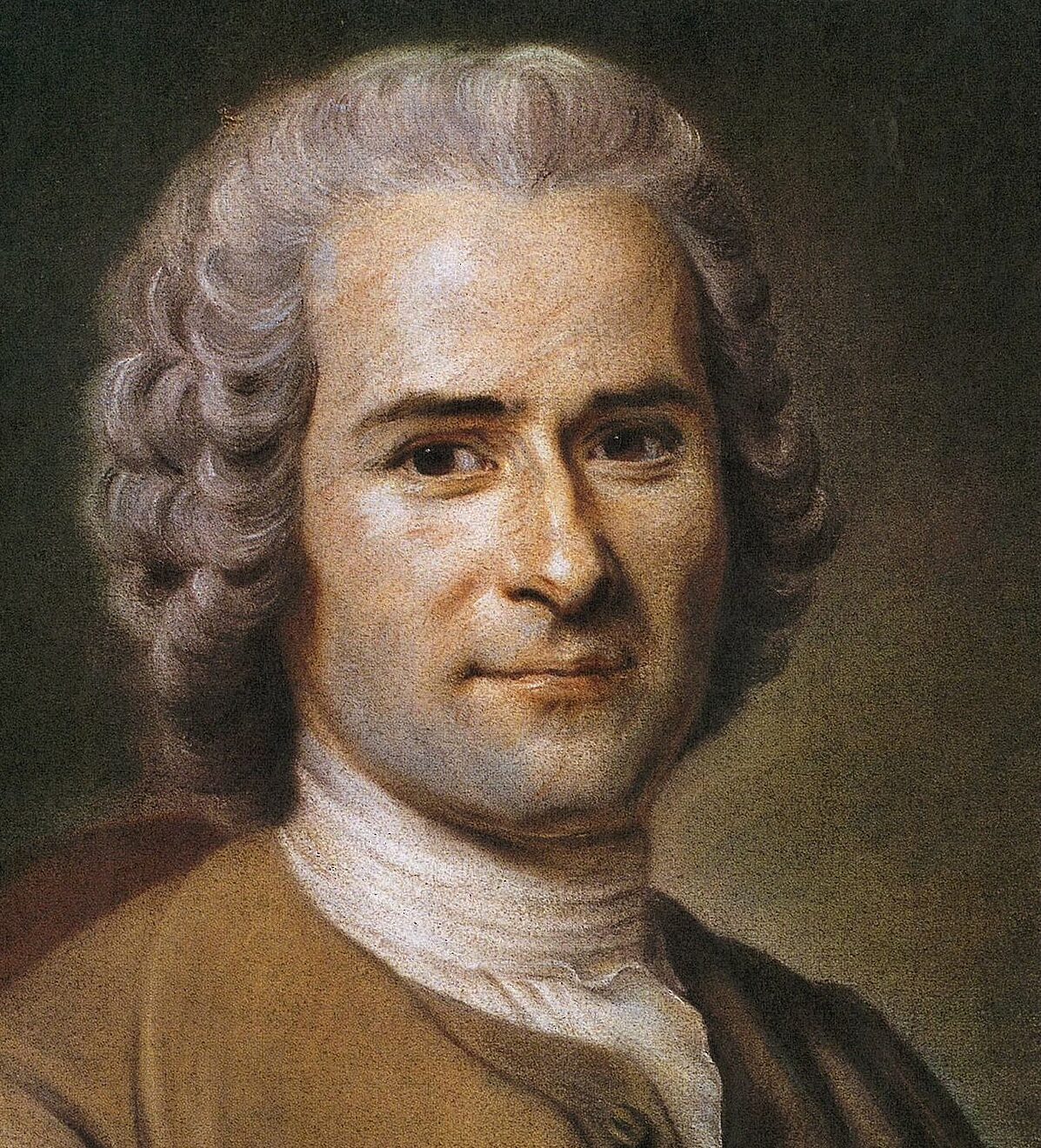Arabic
Knowledge of the Arabic language is an essential prerequisite for the seeker of knowledge in order to form a direct connection to the Qur’an, the prophetic traditions and the classical sources of the Islamic Sciences as well as the wider sources of Islamicate history. Indeed, the legendary works of past scholars cannot be revised, critically assessed or advanced without accessing them in their original language.
The study of the Arabic language in this course entails the study of morphology, grammar, rhetoric, literature and classical poetry. The mastery of these subjects dictates the success of the scholar in comprehension and articulation of wider sciences as well as within study of the language itself.
Texts studied include: Al-Nahw al-Wadih, Qatr un Nada, Classical Poetry and more

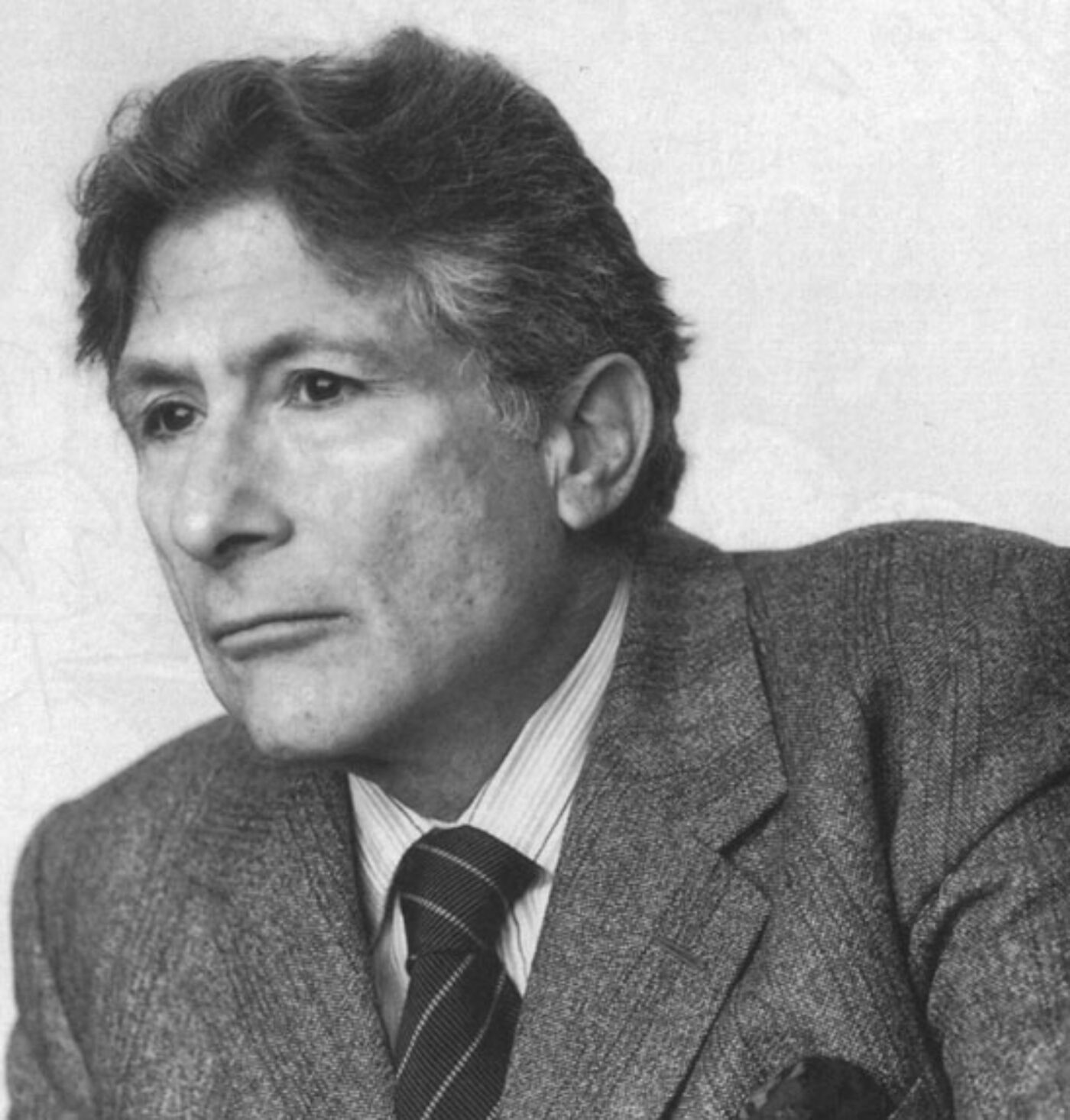

Aqeedah and Theology
All religions, including the religion of Islam, have at their core, a set of beliefs and principles which form the essence of the religion itself. Islam espouses certain ideas concerning metaphysical, ethical and divine frameworks that make up it’s creed.
The aim of Aqeedah is to systematically construct these frameworks and study the core components of what gives the religion its essential identity. This includes the philosophical and logical study, as well as the rational defence of notions such as the nature and attributes of God, prophethood, eschatology, revelation and various other topics. The differences between disparate schools of thought on the interpretation and understanding of various religious doctrine is also studied.
Texts studied include: Al-Ushi’s Bad ul Amaali, Al-Fiqh al-Akbar, Al-Sabuni’s Al-Bidaya Fi Usul al-Din, Sanusi’s Umm ul-Barahin & other contemporary texts
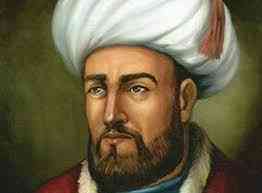
Islamic Law and Jurisprudence
While Islamic law studies the actual rulings and laws derived by both traditional and contemporary jurists, the principles of legal methodology seeks to understand exactly how and why a particular jurist reaches any given ruling or conclusion in relation to religious law. It may also study why multiple jurists may arrive at different conclusions while studying the same legal sources.
This is done by analysing the key scriptural sources of religion and understanding the system and logic of the methodology used to maintain consistency and clarity in reaching religious verdicts. Islamic jurisprudence is also popularly studied and researched within the modern day as new issues in relation to science, technology and ethics create a constant demand for research by Islamic scholars in assessing matters of permissibility or impermissibility in relation to certain contemporary issues.
Texts studied include: Mukhtasar al-Quduri, Mukhtasar al-Manar, Usul al-Shaashi, Al-Ghazali’s Mustasfa, Ibn Rushd’s Bidayat ul Mujtahid & more


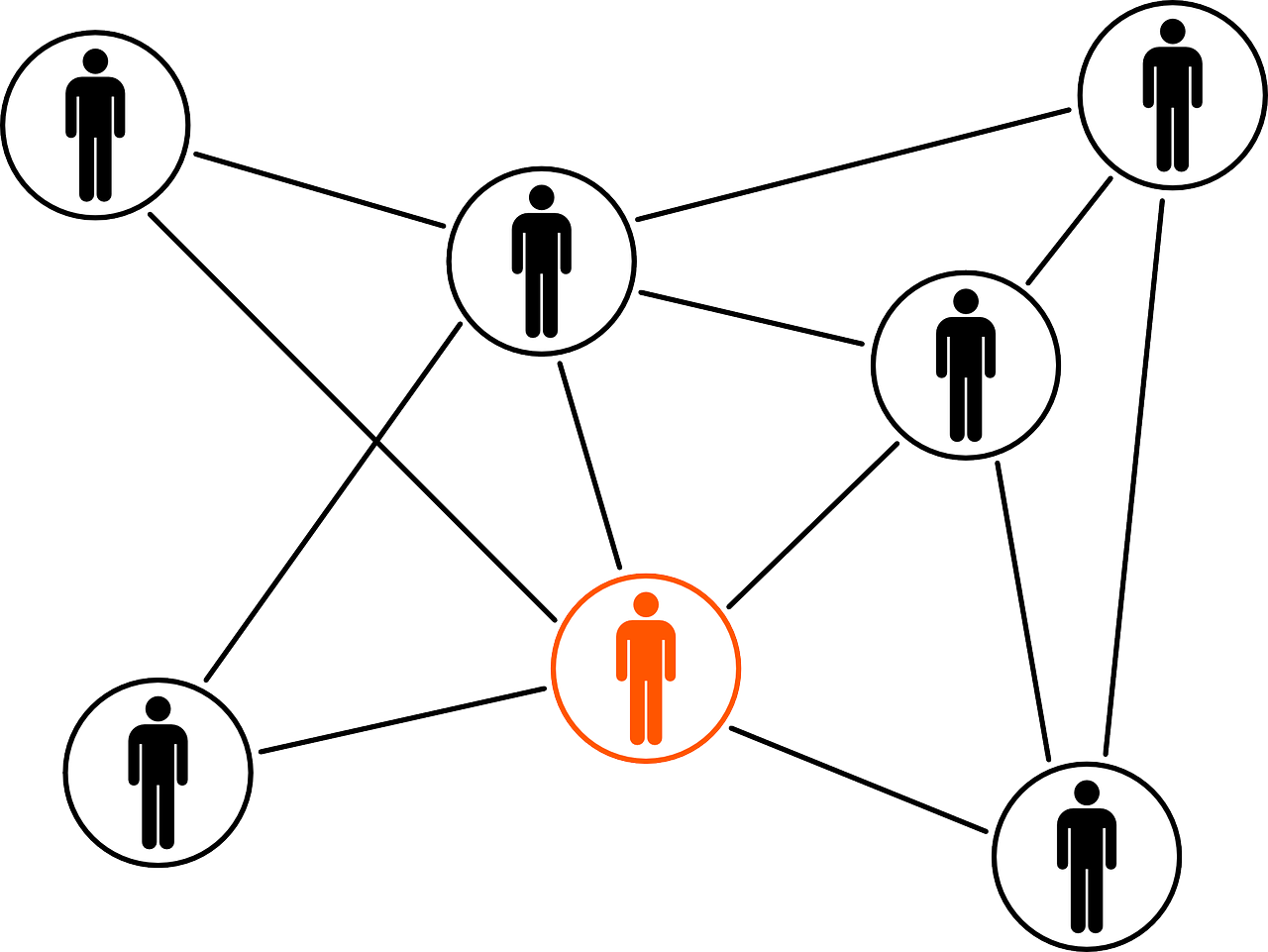
Hadith Studies
The hadith canon forms a vital source of information of actions and sayings attributed to the Prophet Muhammad which, in turn, are used to inform subjects such as Islamic ethics, history, law and jurisprudence and hermeneutics.
The study of hadith therefore seeks to establish the strength and authenticity of any given report within the canon of hadith and how exactly these reports can be applied to wider sciences. This includes the study of chains and their corroboration and spread across different early regions of the caliphate as well as the biographies of different narrators of hadith including their reliability or lack thereof. The study of the content and wording of the hadith is also examined, especially in light of the effect this has on wider sciences such as theology and Islamic Law.
Hadith studies remains to this day as one of the most complex religious sciences as scholars and students tirelessly assess and reassess the hadith works of the past.
Texts studied include: Al-Bayquniyya, Ibn Hajr’s Nuzhat al-Nazar, Sahih al-Bukhari, & contemporary texts
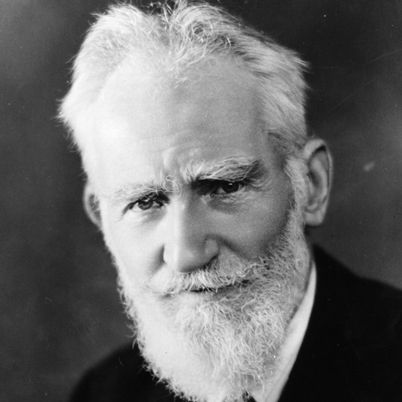
Quranic Sciences
The Quran forms the central divine text for the Muslim community and remains to this day, one of the greatest pieces of literature in the Arabic language and perhaps the richest historical source of information for the rise of early Islam and the Prophet Muhammad.
The farther away we are from the era of Qur’anic revelation, the weaker our natural capacity to understand the Qur’an becomes, and all the more in need we become to learn basic concepts surrounding the study of the Qur’an that might previously have been intuitive.
To develop that capacity, this subject introduces and explores a range of topics from the preservation and canonisation of the Qur’an, principles of exegesis and interpretation, the Quran’s historical context and the quality of its language, form and messages
Texts studied include: Suyuti’s Al-Itqaan, Zamakhshari’s Al-Kashshaf, Sabuni’s Tibyaan, Al-Razi’s Tafsir al-Kabir, contemporary commentaries & more
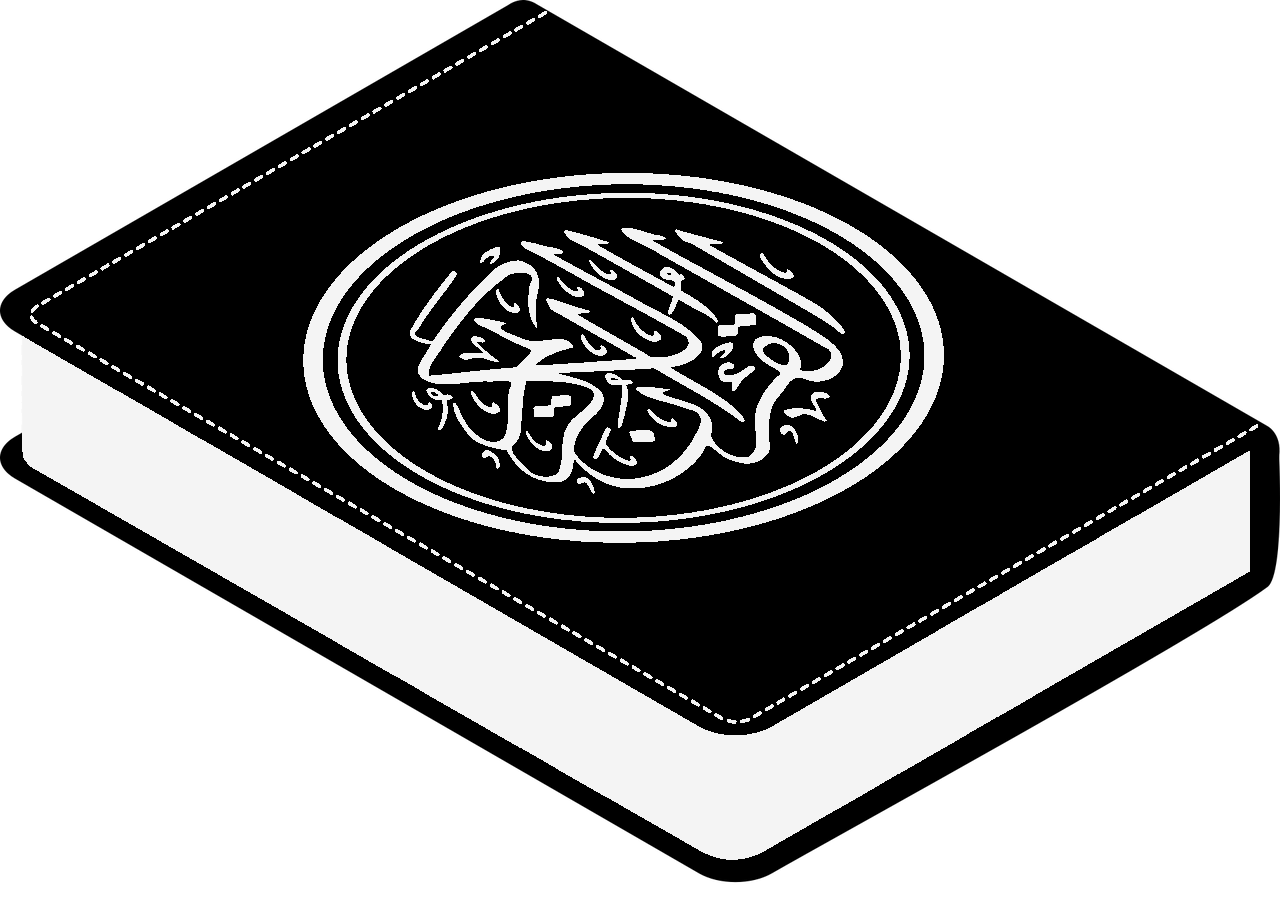
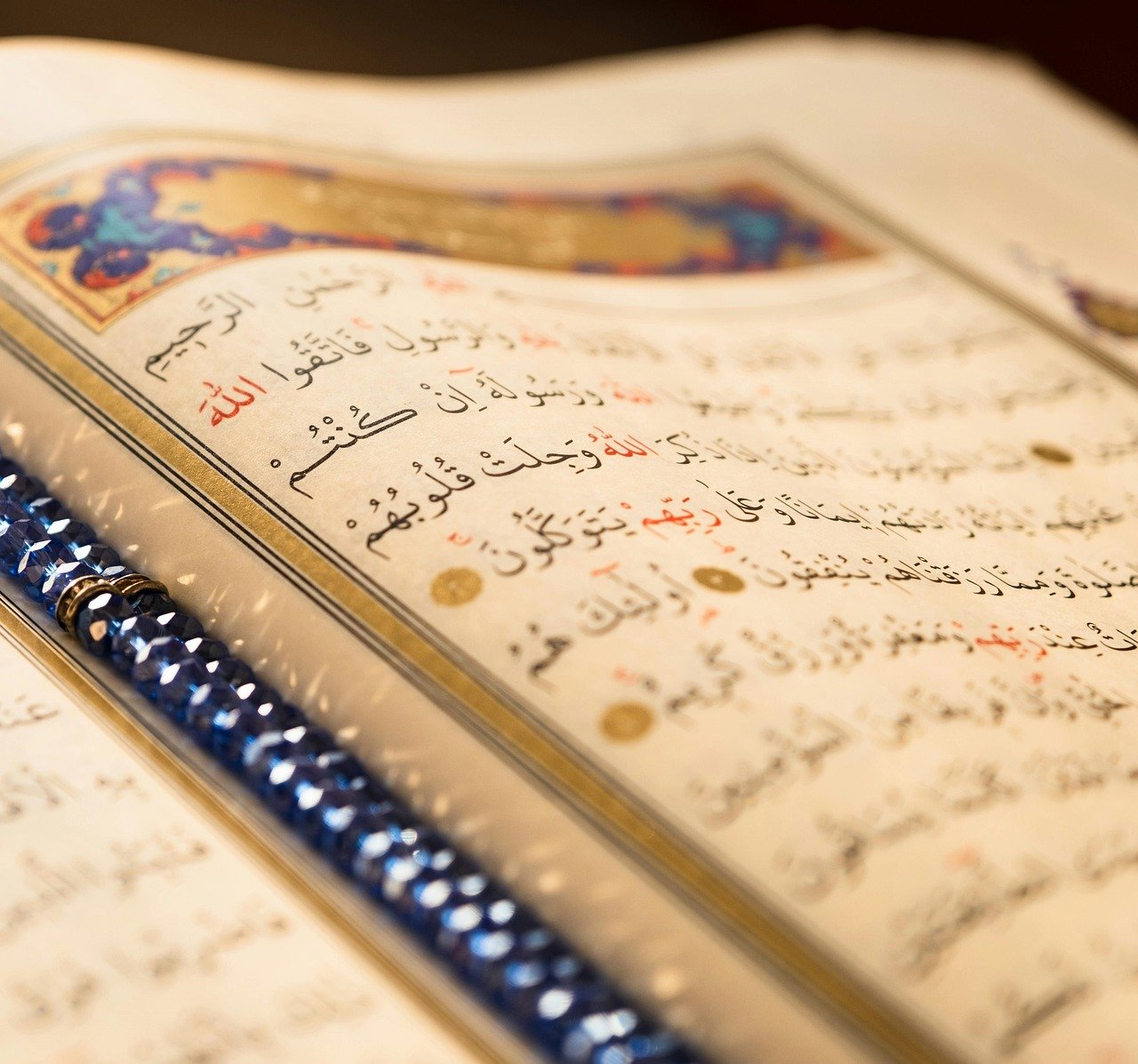

Philosophy
The subject of philosophy has long been regarded as the queen of all sciences, the handmaiden of theology and has given rise to virtually all fields of inquiry as we understand them today. Philosophy’s chief concern is in relation to the most fundamental questions of reality and the human place within reality. This course aims to explore these questions with reference to the works of disparate thinkers in history and within contemporary times – thinkers such as Aristotle, al-Ghazali, Descartes, Kant, Bertrand Russell, Noam Chomsky and many others.
As the Greek philosopher Socrates had declared centuries ago ‘the unexamined life is not worth living’, so philosophy takes all questions, debates and theories, no matter how seemingly absurd, as serious food for thought and looks to dissect and reconstruct even the most seemingly well-established ideas within human history.
The importance of such a subject is found in the critical skills, argumentation and deep analytical thought emphasised while learning philosophy, ultimately shaping the student of philosophy as one that is able to identify, evaluate and express ideas that others in the community may miss while also constructing their own framework to understand questions of reality, science, consciousness, knowledge and religion.
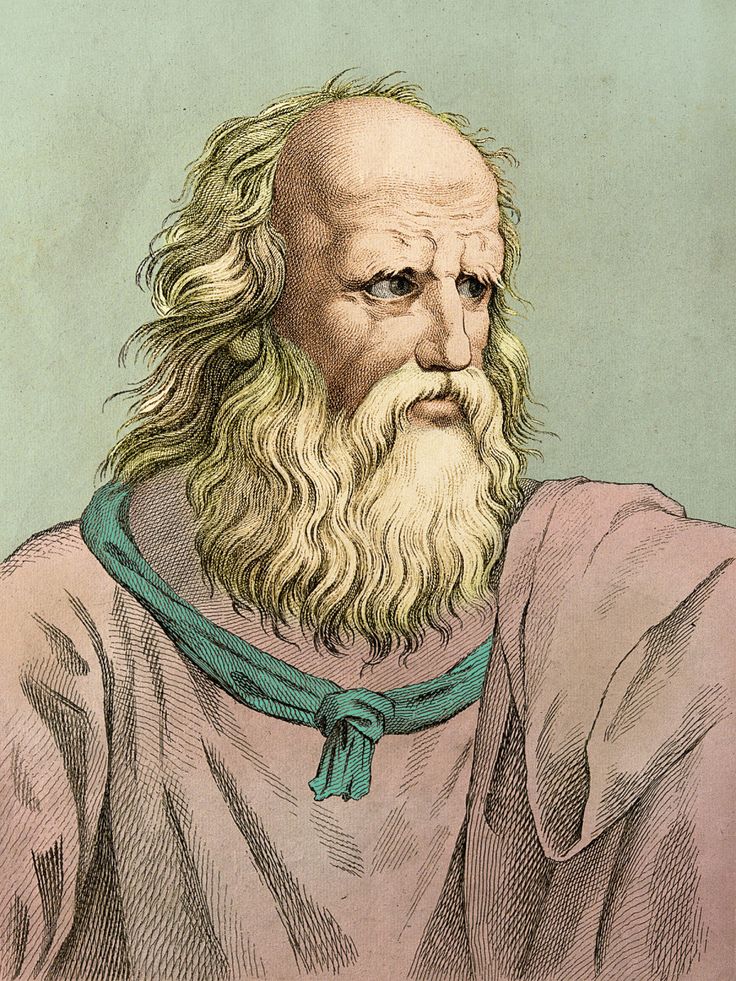
Politics & Social Sciences
Political affairs and economic systems pervade almost every part of our lives and have deep implications not only for human survival and security, but also the course of humanity’s collective progress and innovation within all fields of knowledge – practical and theoretical.
Often, politicians and political bodies are criticised on a basis of ethics and idealism with little understanding of the aforementioned political and economic systems that dictate their behaviour. The study of political and social sciences seeks to understand the systems, histories and events that underpin the current domestic and international political affairs from epidemics, armed conflicts and economic crises. This course will introduce and explore various cases of international relations and politics such as colonialism, the Palestinian crisis, the Syrian civil war and economic issues such as labor exploitation, Islamic environmentalism and more.
The cruciality in mastering political and social sciences will not only better enable students to better assess and filter political information transmitted through media outlets but will more importantly inform more sensible and intelligent decisions and activism to ensure the most politically efficient path to justice, progress and harmony by being able to understand predict why and how political actors and state behave in the manner.

